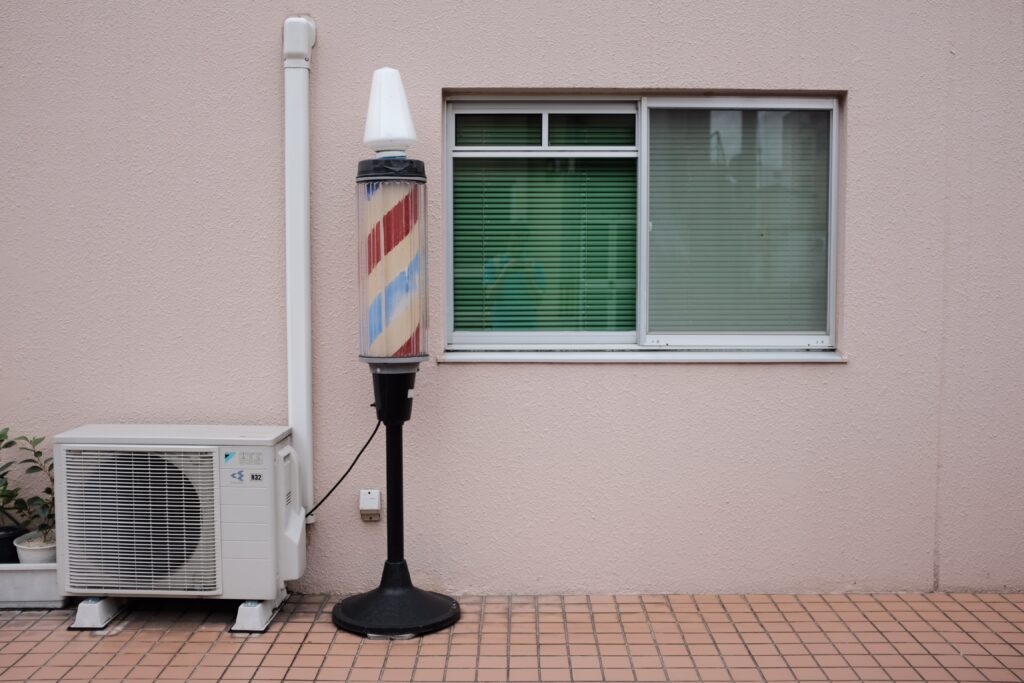Most people only think about their central air conditioning unit when it fails to turn on during the height of summer. In reality, you should fire up your AC every few months to monitor its health and the unit should be checked annually (ideally before you need it) by a qualified technician to ensure that it is running at peak performance. These activities alone will help the unit to last, or even outlast, its projected lifespan. There are many common causes of damage and many reasons for the potential failure of your central AC unit, and we will discuss a few of them below.
It’s the time of year when everyone starts to experience the joys of summer – and the heat and the humidity that comes with it. Depending on your climate, central air conditioning may be considered a must-have in your area. Too bad for those unfortunate souls who are dealing with a broken central AC unit. If you’re one of those people, don’t worry – you’re not alone. It is the cruelest irony that the very moment you need your unit to be working its hardest may be the moment when the unit decides it has officially had enough. Then what do you do? These are some of the most common reasons why AC units fail.
Old age is the most common reason for AC units to fail. Just like any other appliance in your home, AC units have a limited lifespan. The average lifespan of a central AC unit is 15-20 years, so if yours is approaching this age range, it is more likely to need repairs or replacement.
Frozen coils are another common issue that can cause your AC unit to fail. The coils inside your AC unit are responsible for absorbing heat from the air in your home. If these coils freeze, they will be unable to absorb heat and your AC unit will not be able to properly cool your home.
A refrigerant leak is another possible cause of damage to your AC unit. The refrigerant is what helps to cool the air inside your home, so if there is a leak it can cause your AC unit to work harder than necessary without achieving its goal, and eventually fail.
Overworked capacitors are another common issue that can lead to AC unit failure. The capacitor is responsible for providing power to the compressor so if it becomes overworked or overheated, a very common occurrence given both the heat it generates and the hot temperatures, this can cause the compressor to fail.
Electrical issues and a defective thermostat are also common causes of AC unit failure. If there is an electrical issue, it can prevent the AC unit from receiving the power it needs to operate properly. A defective thermostat can also cause your AC unit to fail because it will not be able to properly regulate the temperature in your home.
If you are having any issues with your AC unit, it is important to call a qualified technician for help. They will be able to diagnose the problem and provide you with the best course of action to take. In some cases, a cleaning or repairs may be all that is needed but in other cases, you may need to replace your AC unit entirely. No matter what the problem is, it is important to get it fixed as soon as possible so that you can enjoy cool, comfortable air in your home all summer long.

